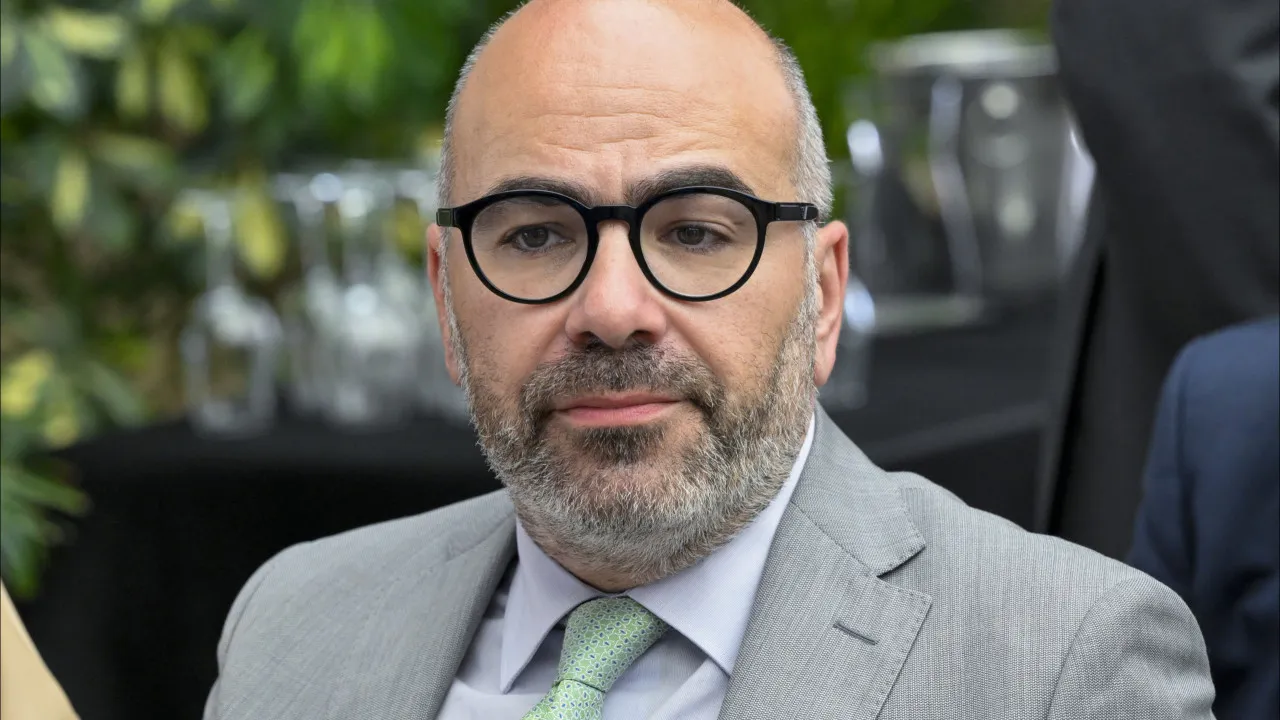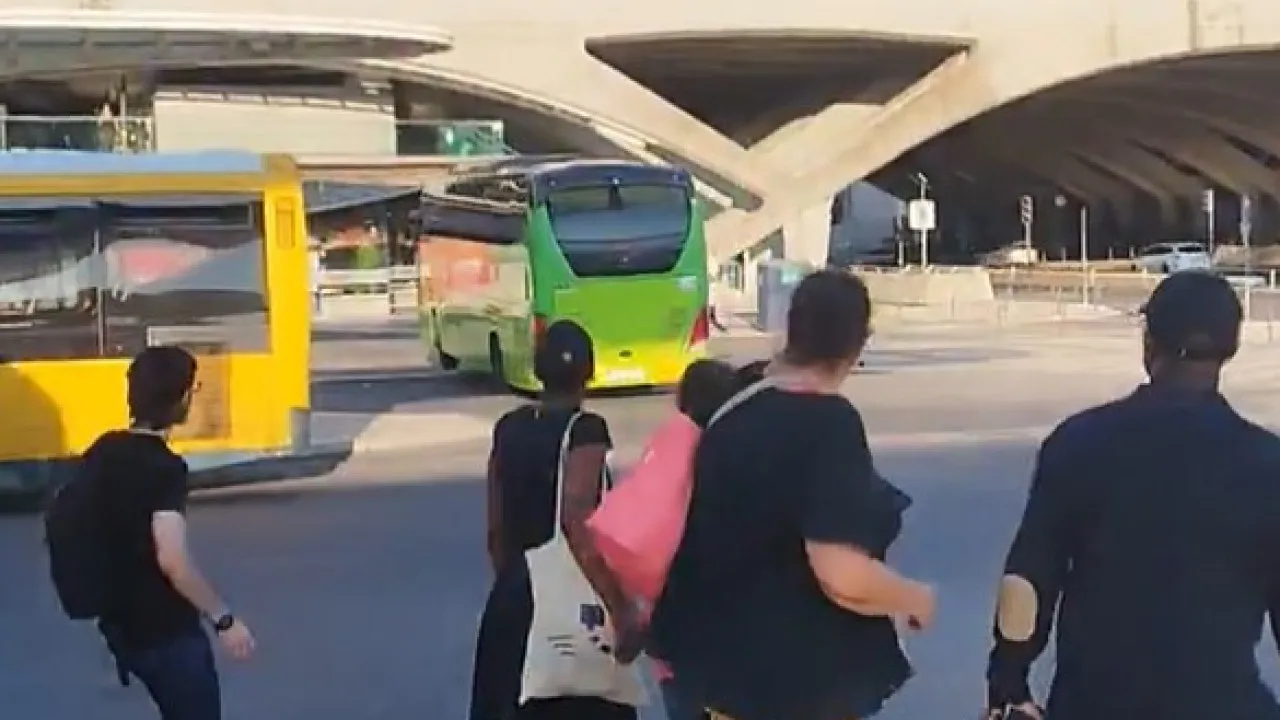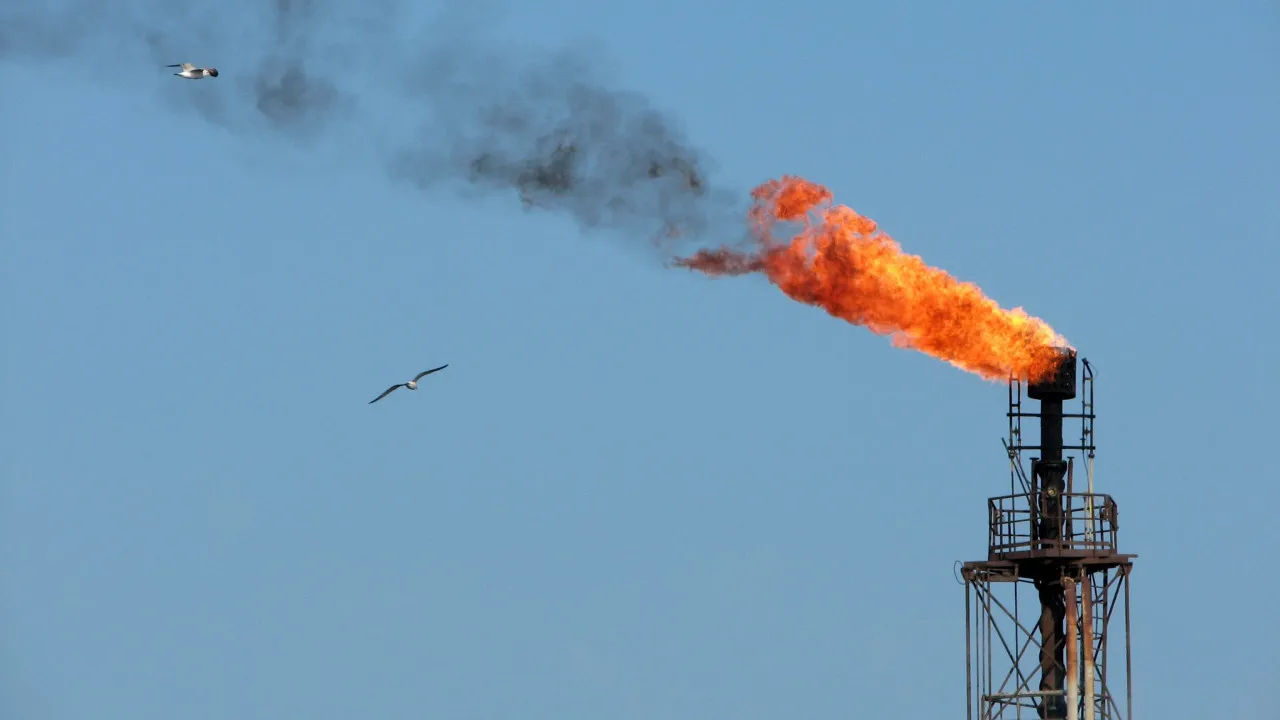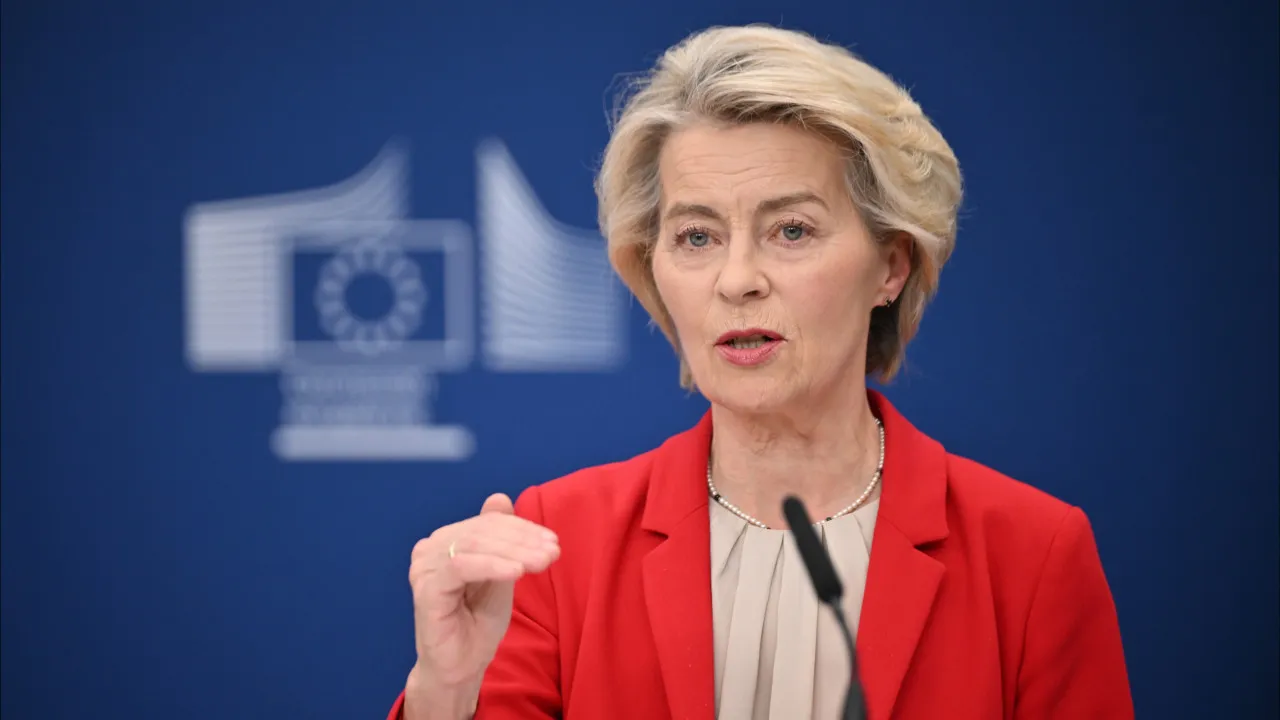
The Minister of Infrastructure, Miguel Pinto Luz, announced via the government’s social media platforms that the objective of the current phase of TAP’s privatization is the minority sale of up to 49.9% of the airline’s capital. Who then is eligible to purchase TAP?
“There are two types of entities that can make a bid: a strategic investor in the sector, such as another airline, or a consortium led by this strategic investor,” stated Minister Pinto Luz in a post shared on Instagram.
The minister further clarified that the minority sale is driven by “four reasons”: firstly, it maximizes the asset’s value for the state; secondly, it ensures that TAP continues to play a positive, decisive role in other sectors, exemplified by national tourism; thirdly, it allows aligning interests in negotiating the new Luís de Camões airport; and lastly, it opens the bidding to institutions outside Europe.
The Minister of Infrastructure also mentioned that the “process will have several stages,” with the government assuring in the same publication that it will be a “structured, transparent, and phased operation.”
The President of the Republic indicated that he plans to promulgate the decree on TAP’s privatization and dismissed the possibility of the current government selling more of the airline’s capital than the announced 49.9%.
Responding to journalists’ questions at a hotel in São Tomé, Marcelo Rebelo de Sousa revisited the topic he had addressed on Friday, noting that “there were two interpretative confusions” arising from it.
“One is that because I vetoed the socialist diploma, there might be a risk of a veto on this diploma. However, the diploma, as the Prime Minister explained to me and took to the Council of Ministers, addresses those concerns,” he said.
According to the head of state, the issue with the 2023 decree he vetoed under the then PS government was a stage where, after all proposals became known and based on transparency, contacts could lead to a result unrelated to previous process phases.
“That is not happening. In fact, I must say that the previous government, in its effort to amend that, had no opportunity to do so,” he added.
The President further identified a “second doubt” that arose: whether there was a mental reservation by the government suggesting it could sell more capital later under other conditions.
He then clarified: “No. There is a legal regime proposed that will naturally be subject to review and promulgation, which foresees several stages, as announced in this process.”
“Why several stages? Because there are phases that take time, like the submission and evaluation of applications and the right of interested parties to comment, which is anticipated to take up to a year,” he continued.




